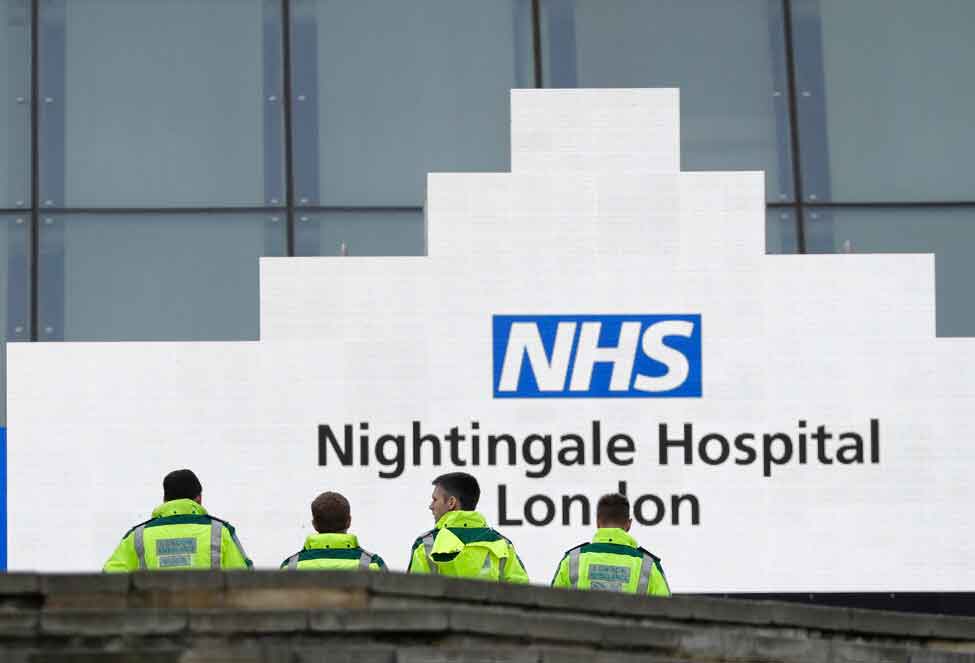A senior Indian origin doctor has revealed that as the pressure on UK’s hospitals intensifies because of the coronavirus pandemic, intensive care treatment will have to be restricted to those patients “most likely to survive”.
Dr Shondipon Laha of the Intensive Care Society said professional bodies have been asked to write guidelines to triage patients if the number of cases rises much faster.
“Triage” is a medical term which means “the assignment of degrees of urgency to wounds or illnesses to decide the order of treatment of a large number of patients or casualties”.
“Should it come to deciding any kind of triaging system, it will be patient-based and survival-based,” said Laha, an Oxford-educated consultant in critical care medicine and anaesthesia.
“Intensive care can be very invasive and severe before you get better, some people can’t tolerate this. Frail people especially struggle to tolerate being on a ventilator for two weeks.”
He said the guidelines, which will apply nationally, are being prepared by the Faculty of Intensive Care Medicine and the Intensive Care Society, and must be endorsed by the General Medical Council.
“The basis of this is currently being discussed by the legal and ethical parts of both organisations,” Laha added.

Dr Shondipon Laha (Picture sourced by correspondent)
That doctors will have to make very difficult choices was confirmed by both the Daily Mail and the Daily Telegraph.
The Daily Mail was direct in reporting the stark choices: “Hospitals could stop treating the most severely ill coronavirus victims if the outbreak escalates. Patients with a poor prognosis may even be taken off ventilators in favour of those with better survival chances.”
The Daily Telegraph quoted a senior consultant: “As we learn more about the disease, we are being much more careful about which patients are being considered for critical care. In normal times we will give most people the benefit of the doubt. That has changed.
“With this infection you need a couple of weeks on a ventilator, so with resources being used for such a long time, you have to be reasonably certain the person is going to get better. Delaying their death for two or three weeks is not the right thing for them or for society.”
It was also reported that Rachel Clarke, a specialist in Oxford, had “warned that Covid-19 patients were spending their final hours and days alone in busy intensive care units, despite having no hope of survival”.
According to the Daily Telegraph, “Imperial College Healthcare acknowledged that ‘very poorly patients with coronavirus may need to be on a ventilator for extended periods,’ adding that ‘for some patients this would not be in their best interests”, but denied people are being denied care due to capacity problems.
“The statement amounts to the first admission that NHS doctors have significantly tightened their intensive care admission criteria since the start of the outbreak.
“It follows a new study by the Intensive Care National Audit and Research Centre which found that the death rate for Covid-19 patients admitted to ICU is nearly 50 per cent.
Charles ends isolation
Prince Charles came out of self-isolation on Monday, seven days after it was confirmed that he had tested positive for coronavirus.










